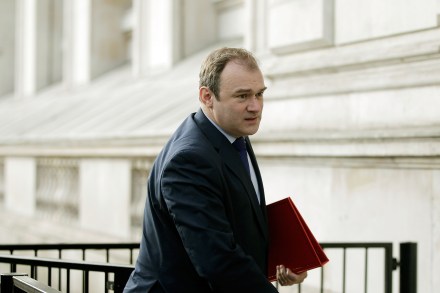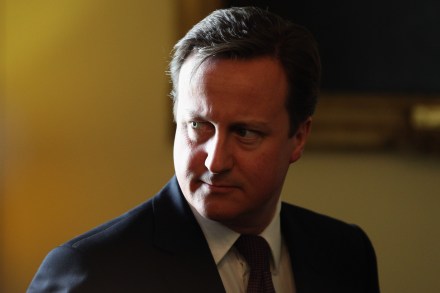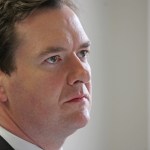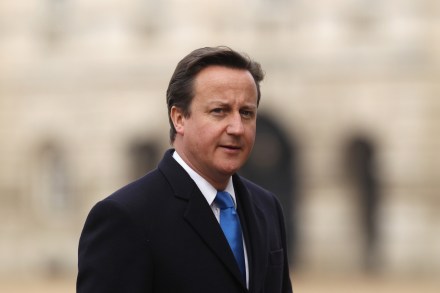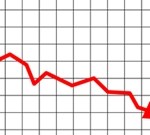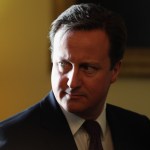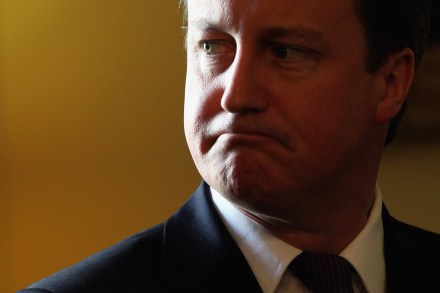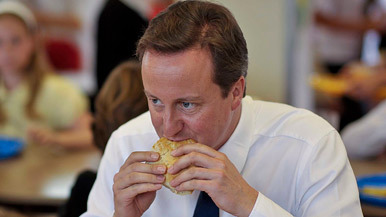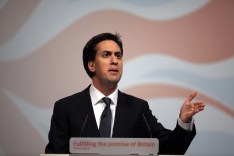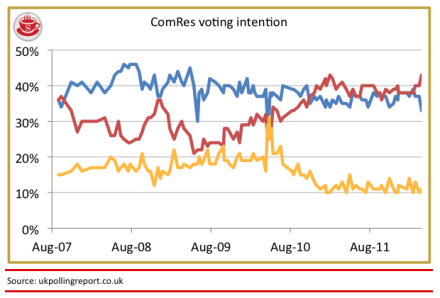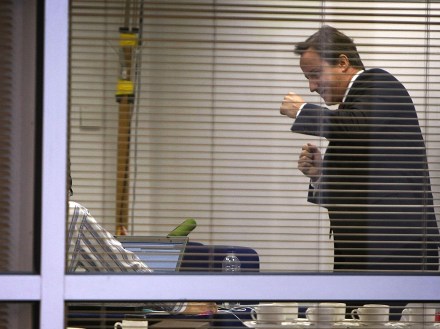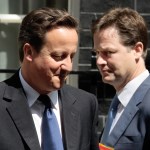Ed Davey’s ‘pro-European’ claim has Tory ministers fuming
There’s barely disguised fury among Conservative ministers about Ed Davey’s claim that the coalition may well be more pro-European than the Labour government was. One complained to me earlier that it was typical Lib Dem mischief making and that ‘if they are not going to behave like normal ministers then we shouldn’t either’. Indeed, this minister went on to suggest that William Hague should publicly slap down Davey for his comments. I doubt this is going to happen. Davey is the leading Lib Dem on the Cabinet’s European Affairs Committee and I suspect there’s little appetite in the Foreign Office for a coalition row over Europe. But Davey’s comments do
